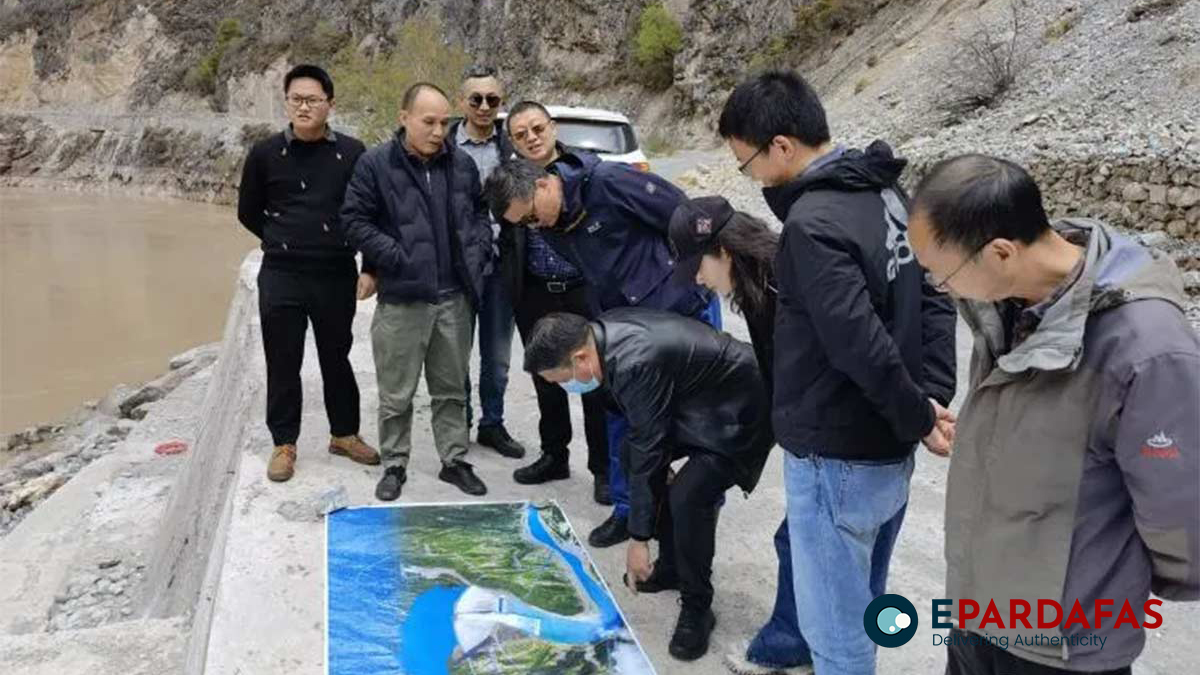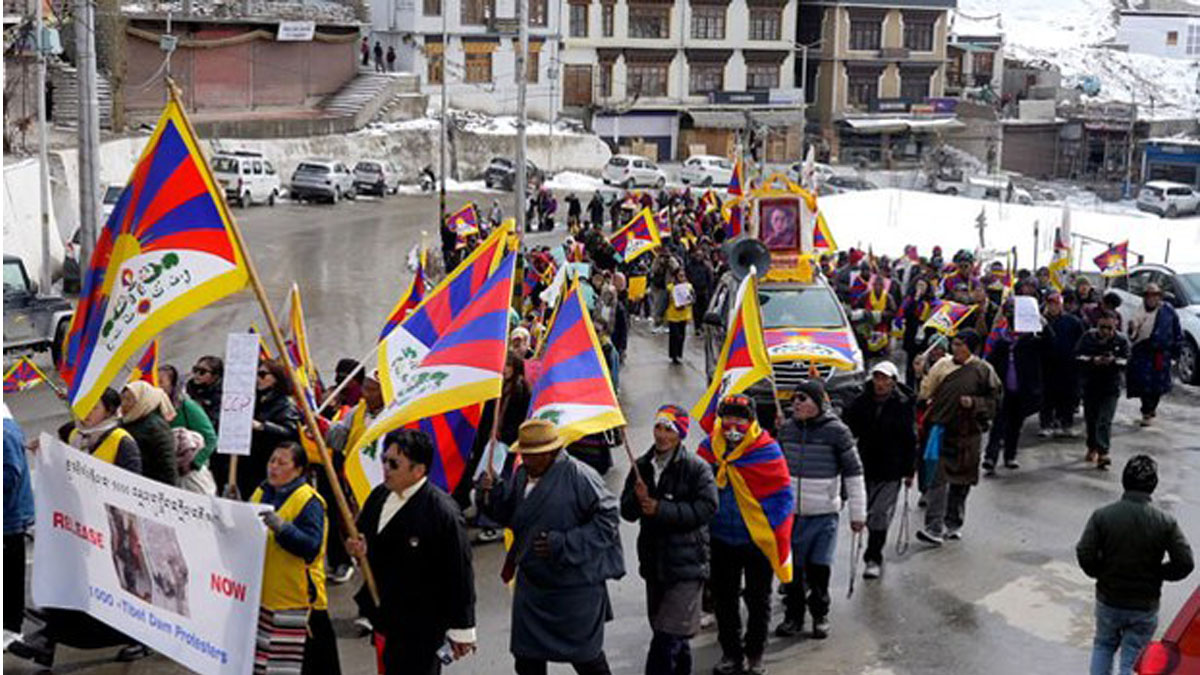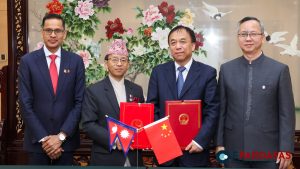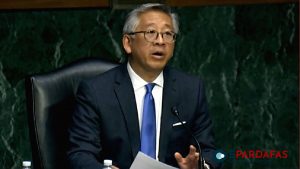
UN Experts Raise Alarms Over China’s Kamtok Hydroelectric Dam Project in Tibet

A group of 13 United Nations human rights experts has expressed grave concerns about the construction of the Kamtok hydroelectric dam on Tibet’s Drichu River. In a formal communication to the Chinese government, the experts warned of “dire and irreversible environmental and climate impacts” and the potential destruction of significant cultural and religious sites.
The dam, part of China’s aggressive hydropower development strategy, is expected to displace over 4,000 Tibetans, submerge two villages, and inundate six monasteries, some of which house 500-year-old Buddhist murals. Tibetan communities in Dege and Jomda counties have opposed the project since its inception in 2012, citing fears of cultural erasure, ecological degradation, and increased natural disaster risks.
The UN communication, made public on Friday, emphasizes the threat to biodiversity, climate stability, and the livelihoods of local Tibetans. Experts also criticized the lack of consultation and transparency in the project, urging the Chinese government to clarify its actions and address human rights concerns.

Photo: Thinley Choedon/RFA Tibetan
The project has sparked widespread dissent in Tibet. Protests in February were forcibly dispersed by police, resulting in hundreds of arrests and allegations of arbitrary detentions. The UN experts condemned the crackdown, characterizing it as a violation of the Tibetan people’s right to peaceful protest.
The letter demands a detailed response from China on the alleged abuses and outlines measures to ensure transparency, consultation, and respect for human rights in the dam’s development. The communication also calls for the state-owned developer, China Huadian Corporation Ltd., to address the implications of the project.
Kai Müller, Head of the UN Advocacy Team at the International Campaign for Tibet (ICT), denounced China’s approach as exploitative, stating, “Beijing pitches its hydropower strategy as sustainable, but the reality is a ruthless exploitation of Tibet’s resources and people.” Müller called for international scrutiny, urging governments and civil society to challenge China’s narrative and advocate for the fundamental rights of Tibetans.
The Inter-Parliamentary Alliance on China (IPAC) has welcomed the UN experts’ communication, urging governments to take a stand against the Kamtok dam. In a statement, IPAC emphasized the importance of upholding Tibetan rights and addressing Tibet’s unresolved political conflict.
Despite the UN’s concerns and international appeals, China has yet to respond to the communication, which was originally sent on July 8 with a 60-day deadline for a reply. The silence underscores the growing tensions between China’s development policies and the global push for accountability in Tibet.
The Kamtok hydroelectric dam project now stands as a flashpoint in the broader debate over Tibet’s rights, environmental sustainability, and China’s development agenda in the region.












Comments